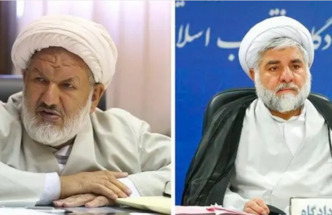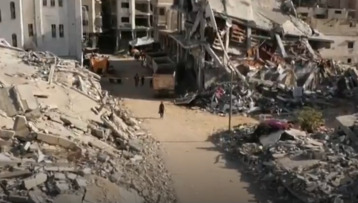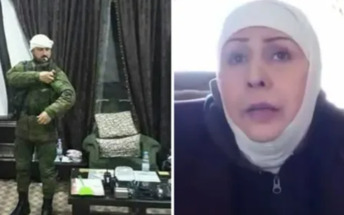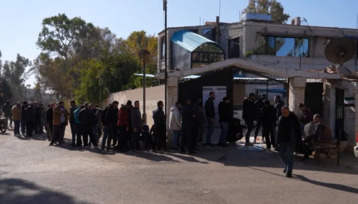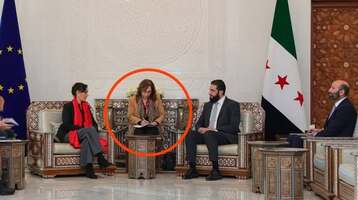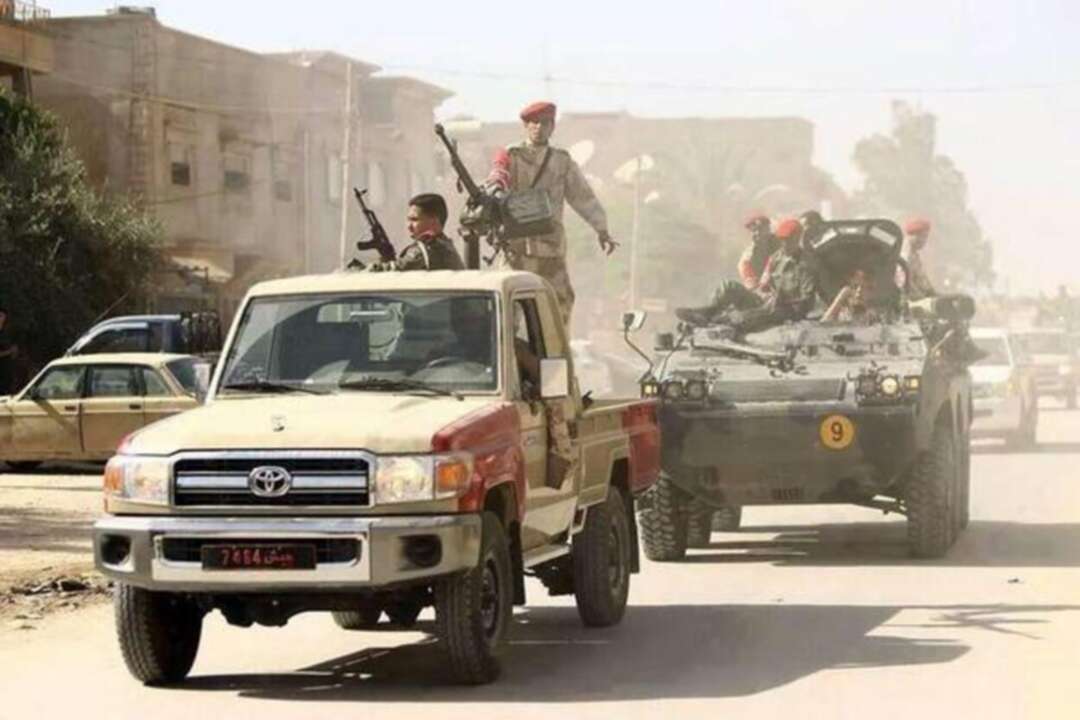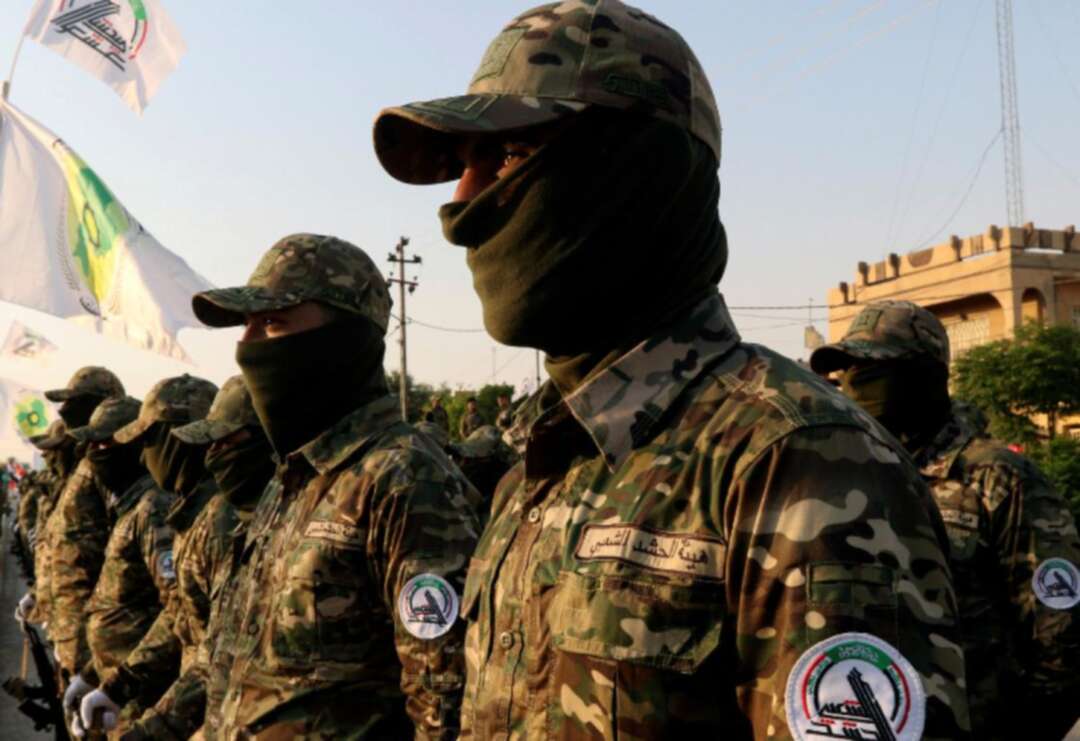-
Food, climate change, Ukraine in focus at UN General Assembly
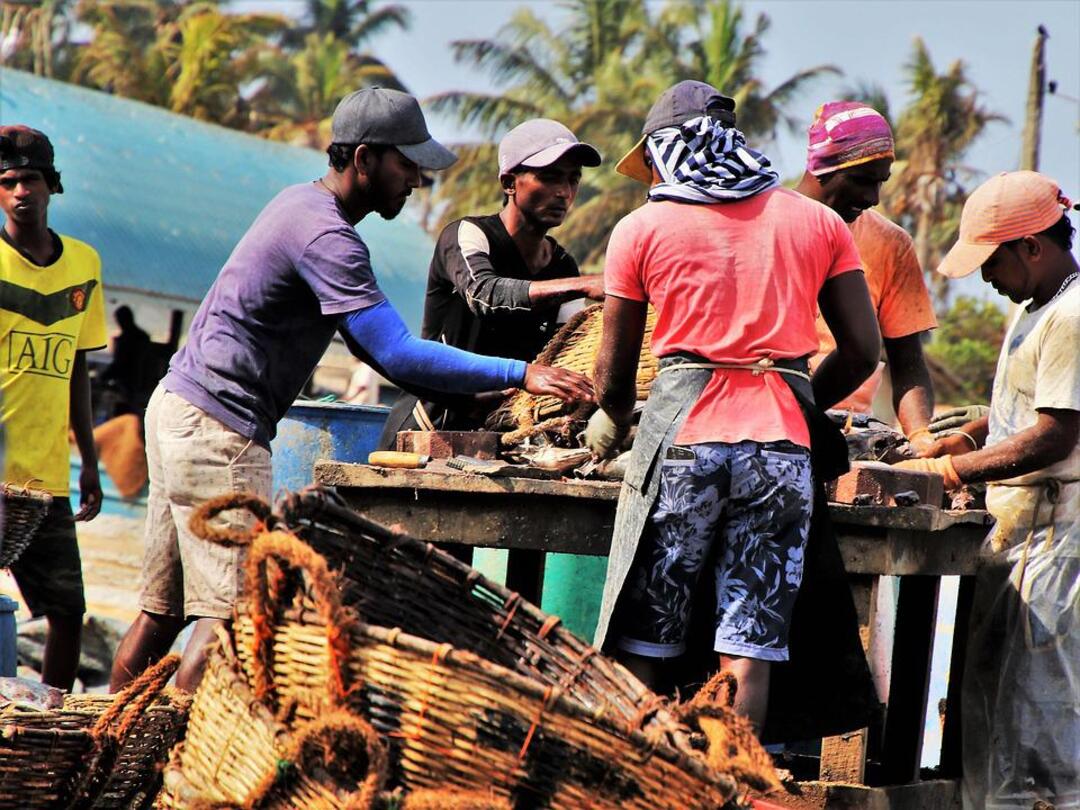
The war in Ukraine, a looming food crisis and combatting climate change are the big issues confronting the international community at the 77th session of the United Nations General Assembly, the RTE reported.
UN Secretary General António Guterres, who has been heavily involved in trying to broker a deal to protect the giant Zaporizhzhia nuclear power plant from the fighting, also wants leaders to concentrate on two other pressing issues.
One is a looming global food shortage next year, with the prospect of multiple famines and social unrest from high food prices.
Part of the problem is a shortage of ammonia fertiliser exports from Russia leading to a collapse in agricultural production, especially in Africa.
The other cause has been a prolonged drought in many of the world's main agricultural regions. That is why the UN chief is pushing for more urgent action to combat climate change.

The UN General Assembly is back in person after two years of the pandemic, with leaders required to show up if they wish to speak.
The General Assembly voted to make just one exception - for Ukrainian President Volodymyr Zelensky, who is leading resistance to a Russian invasion.
Russian Foreign Minister Sergei Lavrov headed to New York for the summit, where he heard an appeal yesterday from his French counterpart, Catherine Colonna, to allow a security zone outside the Zaporizhzhia nuclear plant, whose occupation by Moscow has raised mounting concerns.
US official: Russia's Wagner trying to recruit over 1,500 felons for Ukraine war
In the type of last-minute diplomacy common at previous UN sessions, Secretary of State Antony Blinken convened a first meeting of the foreign ministers of Azerbaijan and Armenia since a flare-up in fighting.
Also high on the agenda for the UN week will be Iran, whose hardline president, Ebrahim Raisi, is traveling to the General Assembly for the first time.
In a US television interview ahead of his arrival, Mr Raisi said that Iran wanted "guarantees" before returning to a nuclear deal that former president Donald Trump trashed in 2018.
"We cannot trust the Americans because of the behaviour that we have already seen from them. That is why if there is no guarantee, there is no trust," he told the 60 Minutes programme on CBS News.
Rights group: Iran’s security forces kill four amid protests over Mahsa Amini’s death
Mr Biden supports a return to the 2015 agreement, under which Iran drastically scaled back nuclear work in return for promises of sanctions relief.
But the Biden administration says it is impossible in the US system to promise what a future president would do.
Ms Colonna said French President Emmanuel Macron may meet Mr Raisi in hopes of making progress.
But she warned; "There is no better offer for Iran. It's up to them to make a decision."
Mr Raisi can expect to be dogged by protests during his visit including by exile groups that have called for his arrest over mass executions of opponents a decade after the 1979 Islamic revolution.
levantnews-rte
You May Also Like
Popular Posts
Caricature
opinion
Report
ads
Newsletter
Subscribe to our mailing list to get the new updates!

